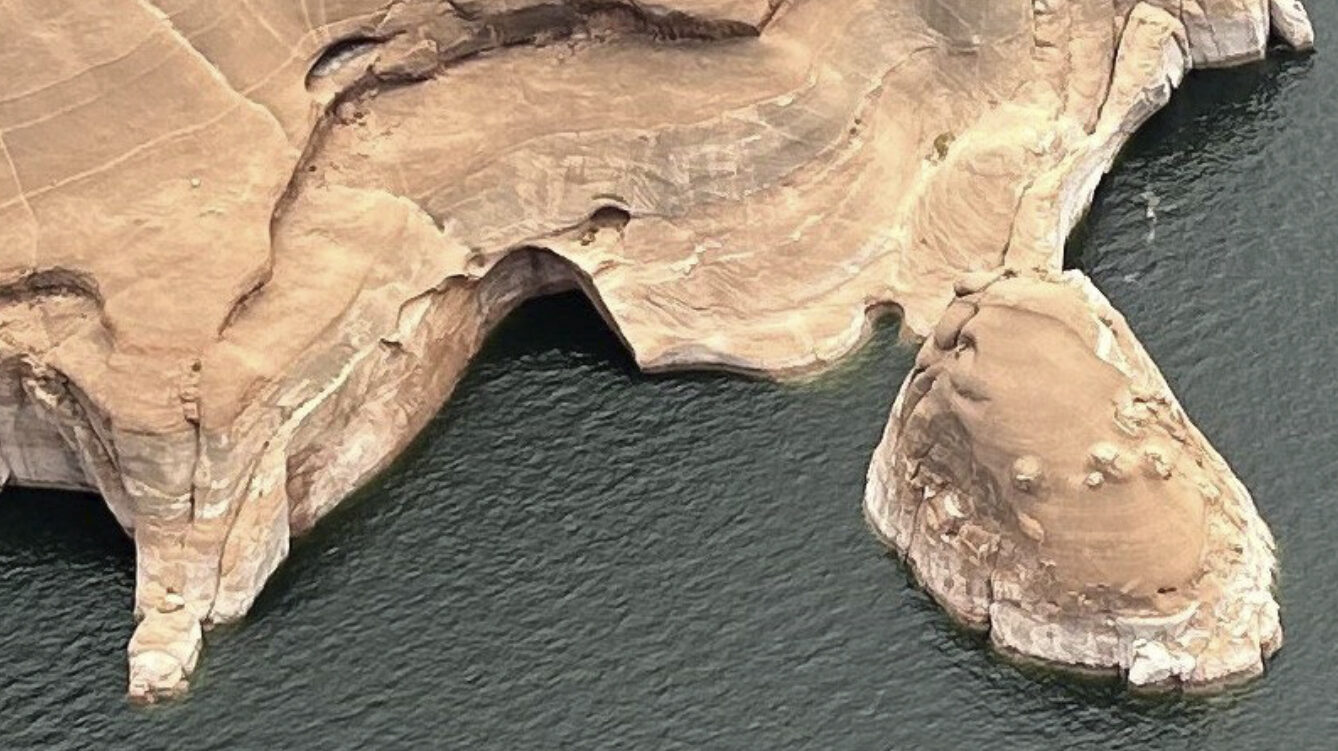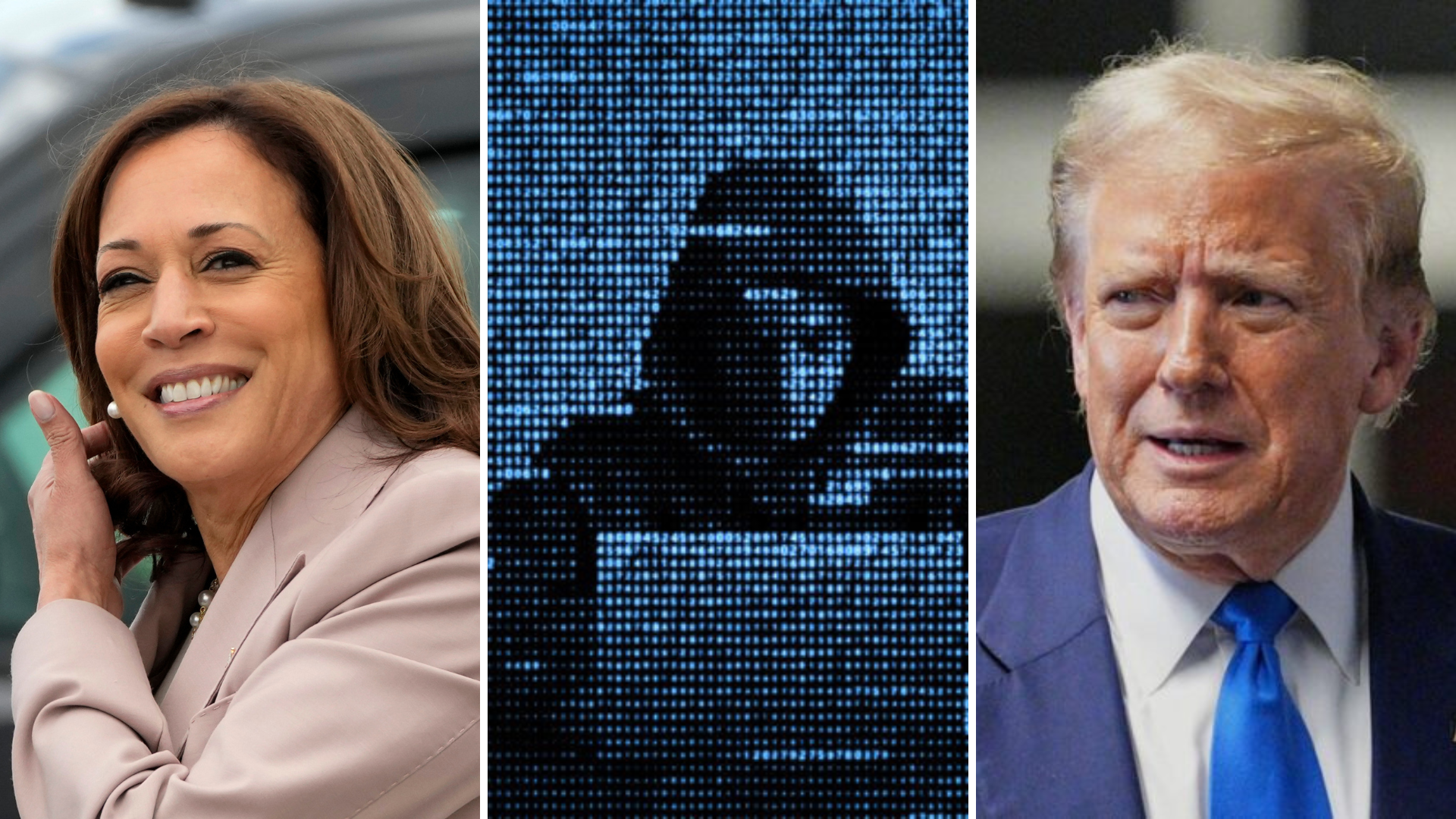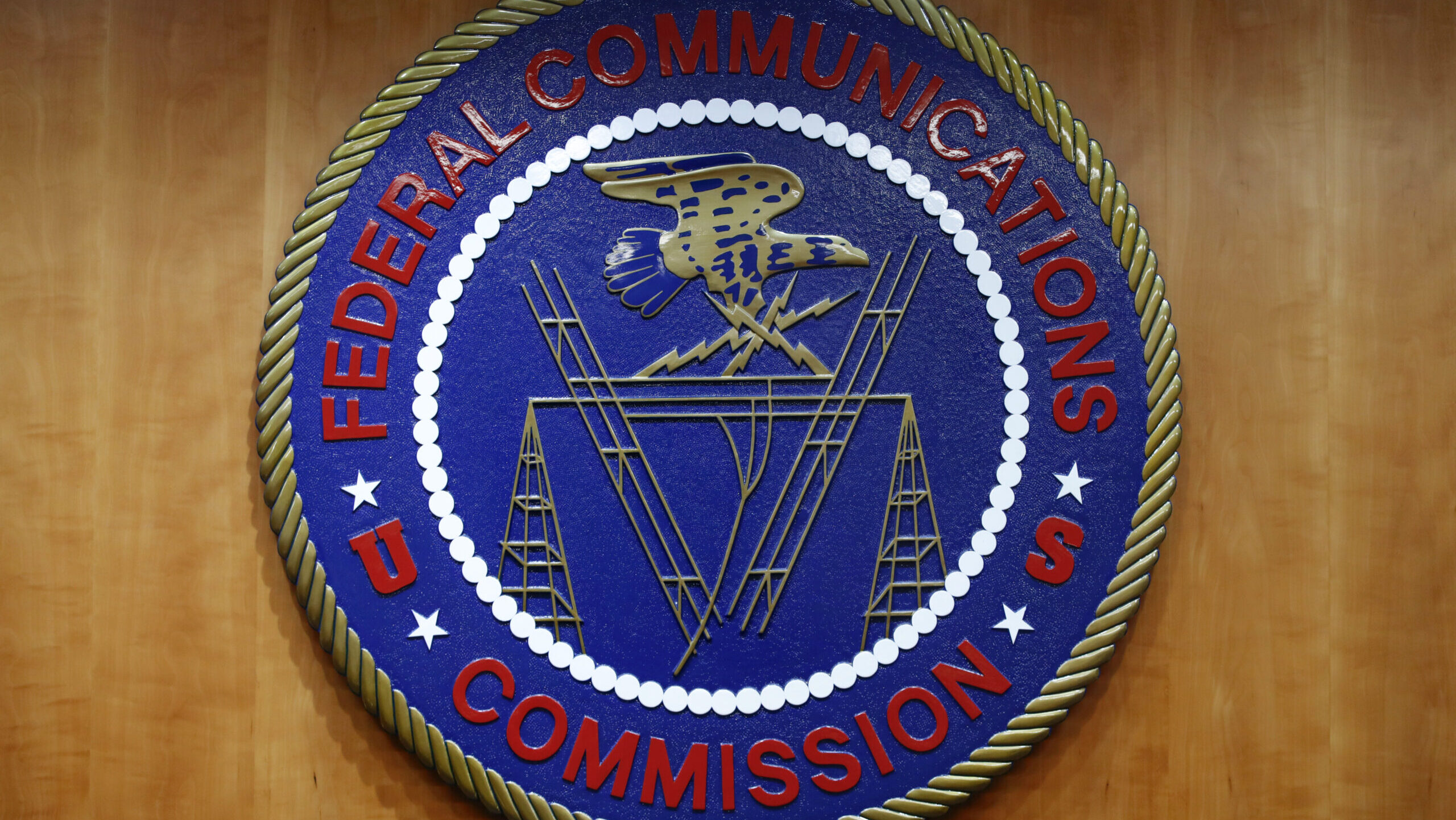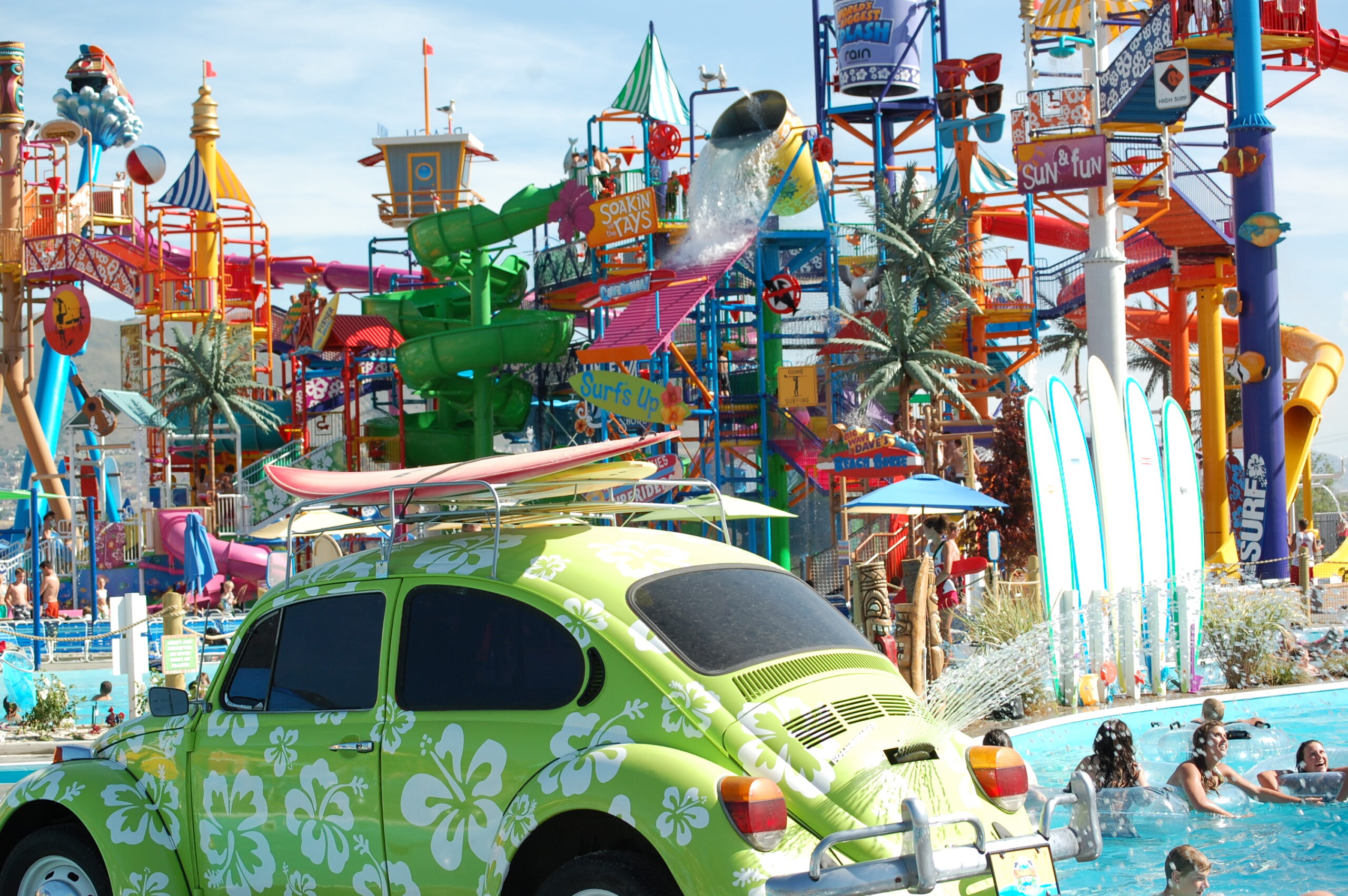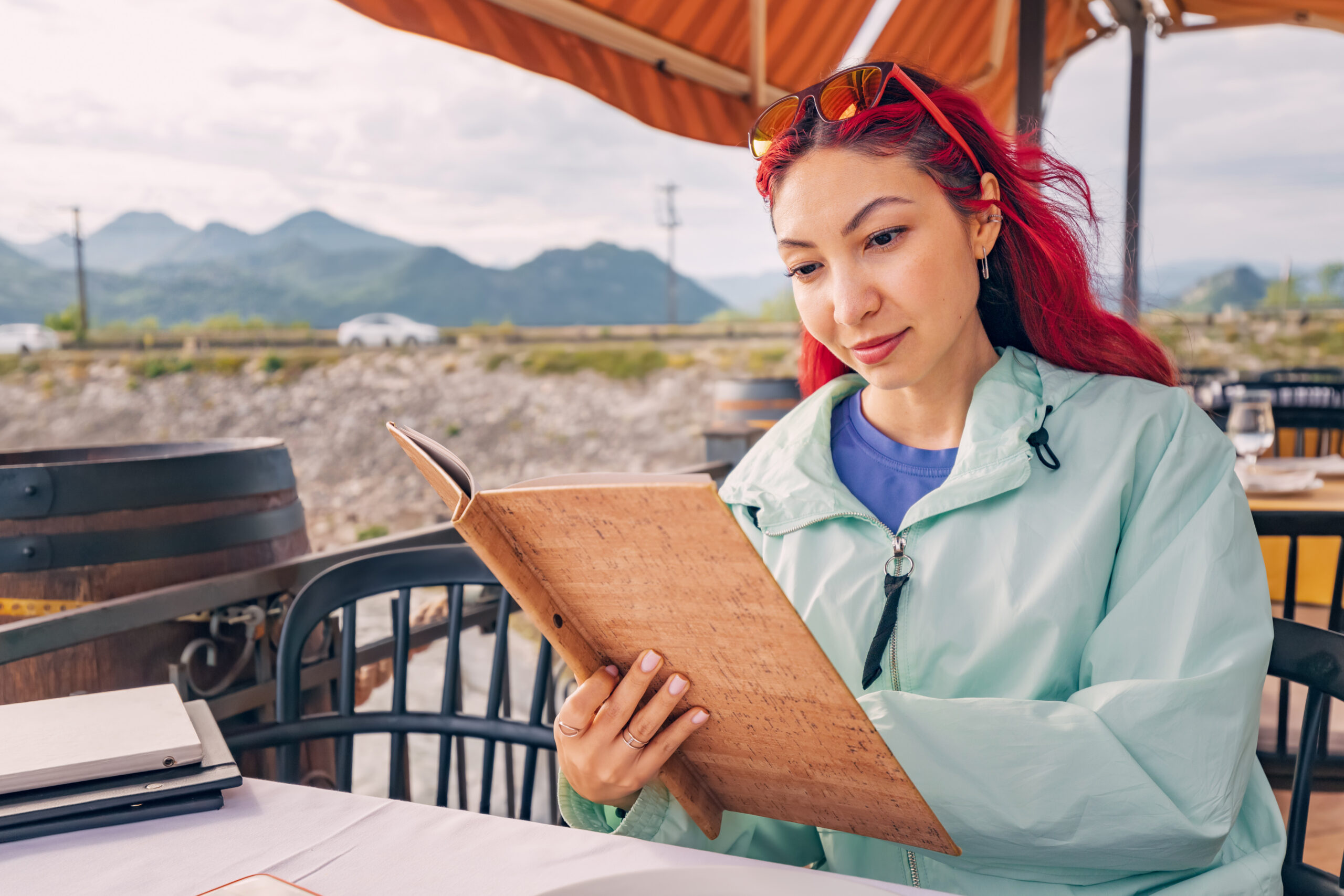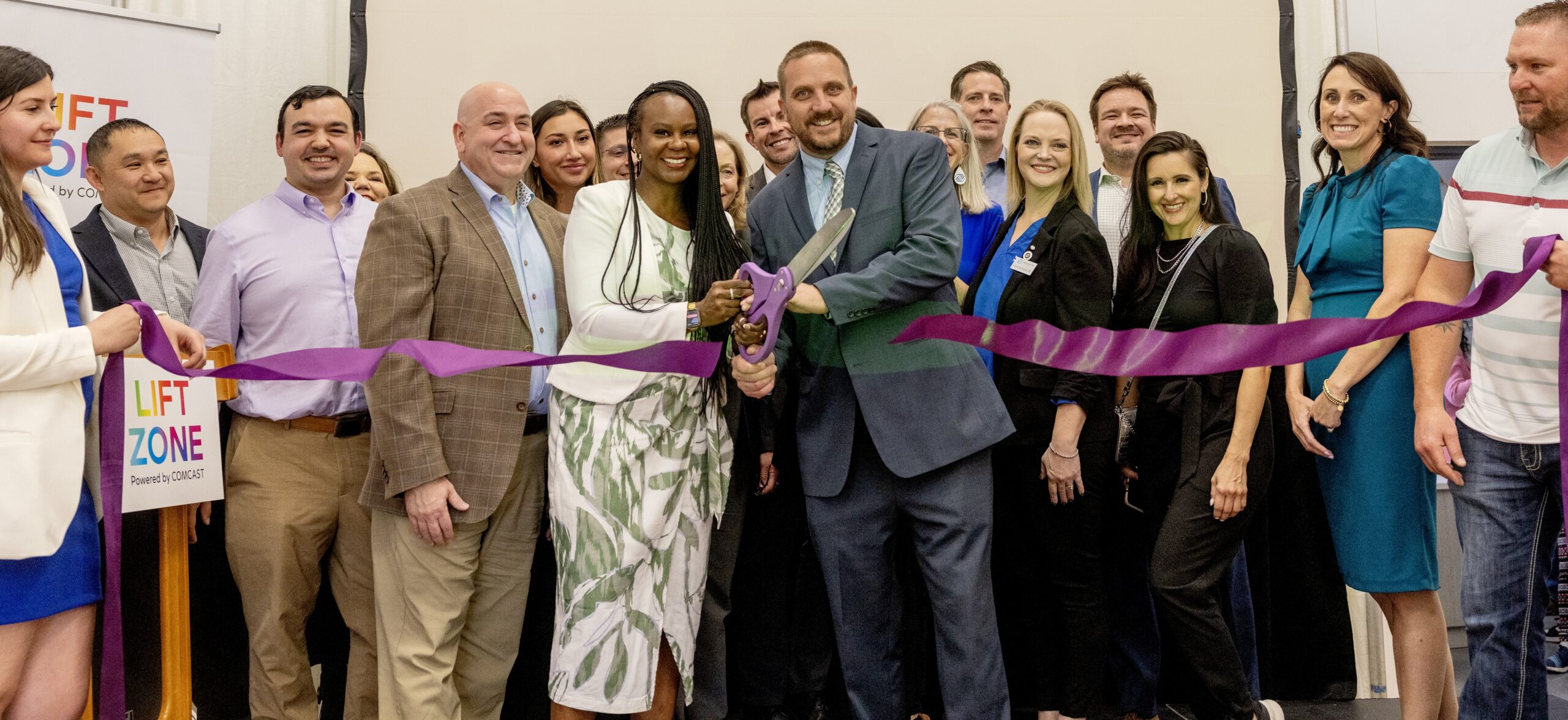If nuclear energy is so great, why aren’t we using it?
Oct 24, 2023, 6:30 AM
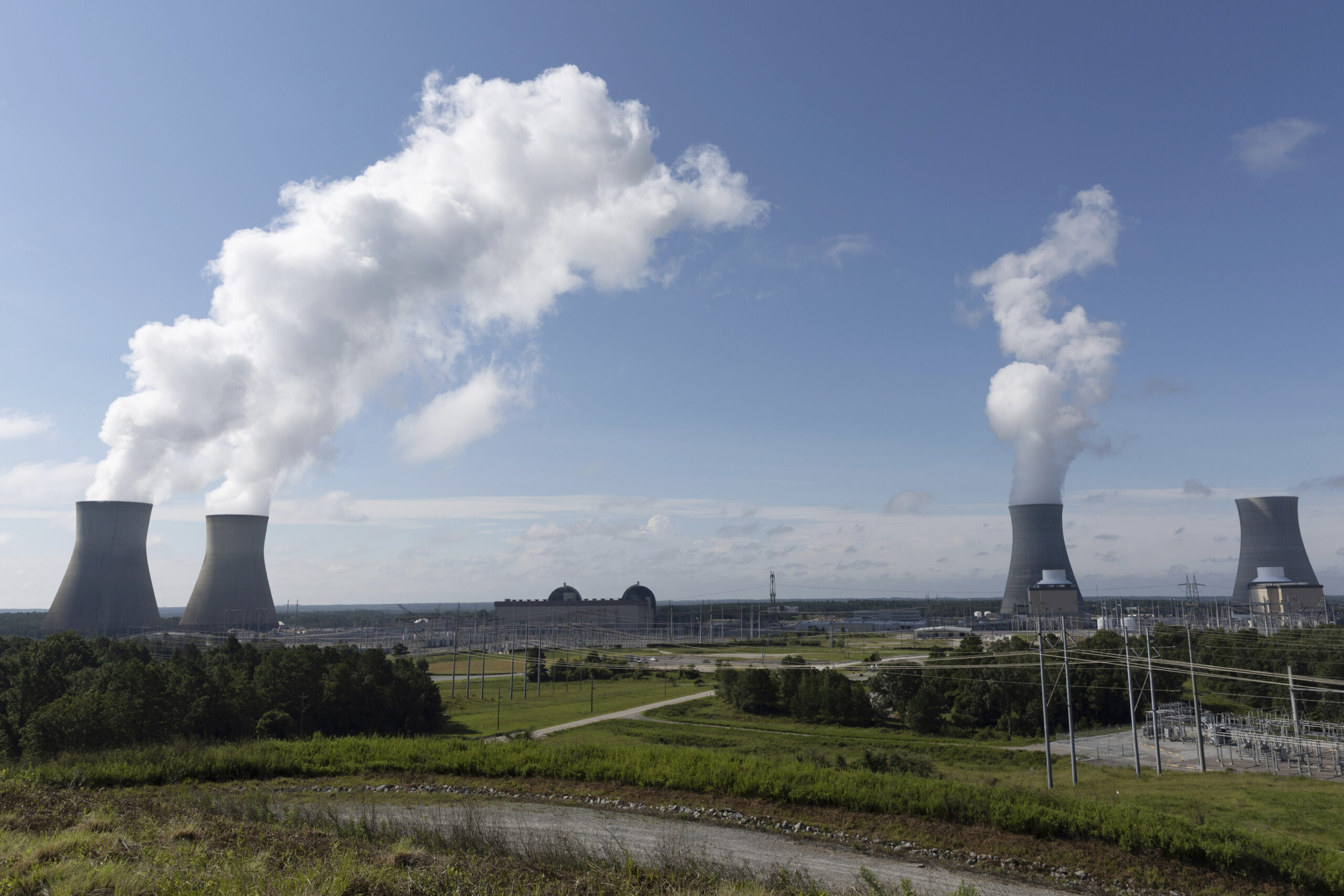
FILE - Nuclear reactors and cooling towers of the four units of Plant Vogtle, a nuclear plant near Waynesboro, Ga., are shown on July 31, 2023. (Arvin Temkar/Atlanta Journal-Constitution via AP, File)
(Arvin Temkar/Atlanta Journal-Constitution via AP, File)
WASHINGTON D.C. — Nuclear energy is an incredible discovery.
But, it has been dismissed when looking for cleaner and greener energy sources.
Phil Rossetti is from the R Street Institute, which focuses on policy research in support of free markets and limited government. He told KSL NewsRadio’s Inside Sources that the uranium fuel used in nuclear reactors is extremely cheap.
“If you had a piece of uranium that could fit in the palm of your hand, that would have as much energy as 20 metric tons of coal,” he said.
However, while uranium itself is cheap, building nuclear power plants is not. Building nuclear power plants is complicated and expensive, which oftentimes leads to natural gas facilities being built instead.
Nuclear power also has a bad reputation when it comes to safety. But Rossetti said it’s actually 800 times safer than coal.
The Chernobyl incident was completely avoidable, and Rosseti said it’s estimated there were 300 to 500 deaths because of it. That’s much less than the predicted 4,000 to 20,000 casualties.
The prediction was based on radiation exposure, but Rossetti said it isn’t a big problem. He mentioned the Three Mile Island accident in the U.S. caused no deaths or cancer-related diagnoses from the release of radioactive material.
“So there’s a big perception that oh, this is really dangerous, a lot can go wrong. But that’s actually not what we’ve seen, especially in the United States,” Rossetti said.
Despite this, accidents relating to nuclear energy that have occurred contribute to its increased cost.
“There’s no opportunity for the market to sort of temper the economics because you have a tolerance for failure that is zero,” Rossetti said.
This has created a bigger barrier in the creation of nuclear plants.
Nuclear energy is the path to a clean future
Rossetti said almost all the pathways to a clean future include more nuclear than we use today.
The big hope is “advanced nuclear energy.” These have a more standardized design to make it easier to get approval to build and to reduce costs and construction time.
They’re also thousands of times safer than previous nuclear facilities, according to Rossetti. But, that makes the regulatory aspects more complicated. Current regulations are for existing power plants, not the more advanced designs.
“A lot of people are saying, hey, you know, this is a miraculous technology, and it should be able to have a less in intrusive regulatory burden, because it doesn’t have the same sort of safety risks,” he said.
If the new designs are approved by the Nuclear Regulatory Commission, they can be produced and dispersed across the country.
“There is a lot of hope that we will be able to unlock the sort of cheaper, cleaner fuel through advanced reactor designs,” Rossetti said.





